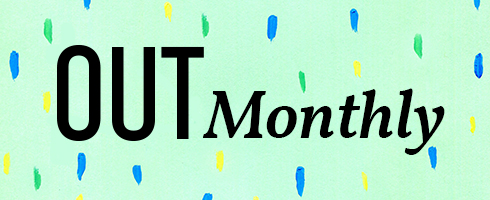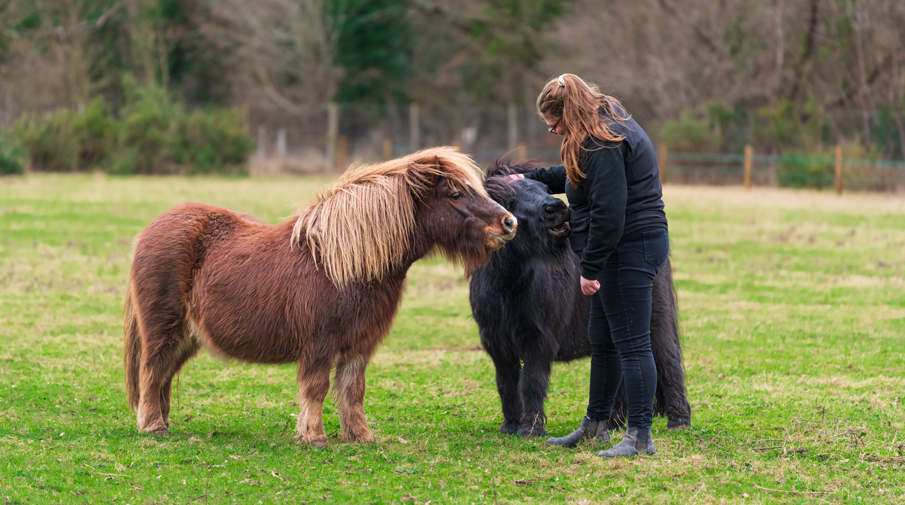As the famous sentiment goes; the greatness of a nation can be judged by the way it treats its animals. Lucy White, 25, Zoo Manager at Hobbledown agrees, saying, “You’re only as good as your least looked after animal.” It’s early morning and we’re in the Live Feed Room surrounded by chirping locusts, crickets and other insects. As Lucy confidently scoops up handfuls of wriggling meal worms, she explains, “Everyone’s welfare counts, big or small, creepy or cute. These live meal worms are food for our animals, so they need to be looked after, too. They need space to rummage around and be fed well so that they are packed full of nutrients because they’ll pass it all on. Working here you really learn to appreciate the cycle of nature and the importance of looking after it at every single stage.”
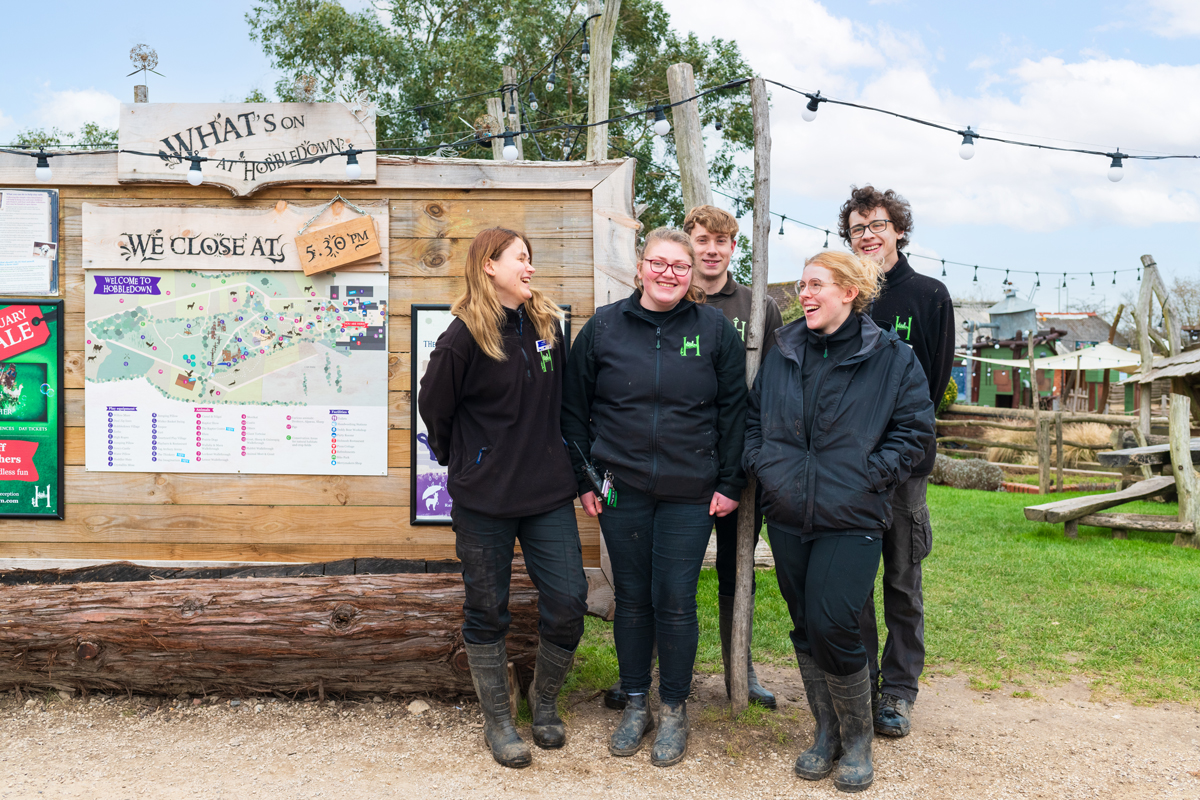
The detail behind the day-to-day care of every animal is down to Lucy and her incredible team, she says, “First stop is prepping the fresh veg and meat. We run our animal kitchen as strict as a restaurant would. In fact, I’d say that our otters eat at the best seafood restaurant in the world! They’ve got the most expensive and specialist diet – and probably eat better than I do! Some creatures can be ‘fussy’. We used to give Kado our camel grass pellets but he’d sneeze out green snot, so we avoid that – or else! Lemurs can be picky; a bit like small kids wanting pudding before dinner, so you have to give them the good stuff first or they’ll just snuff out the treats.”
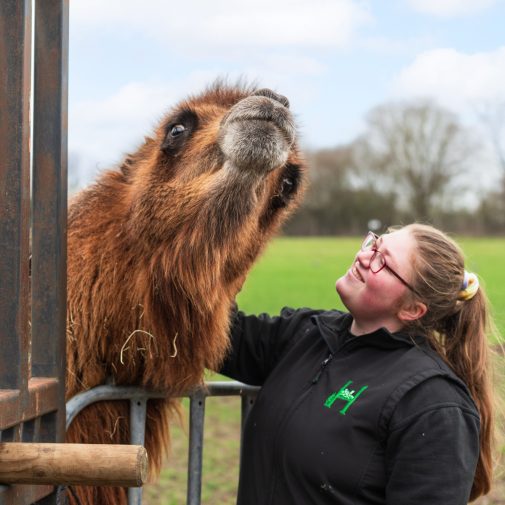
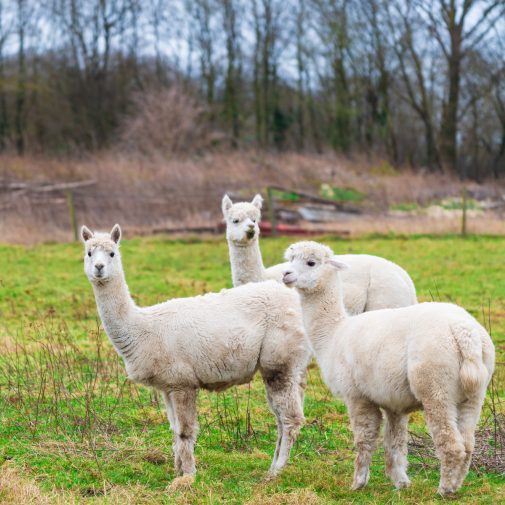
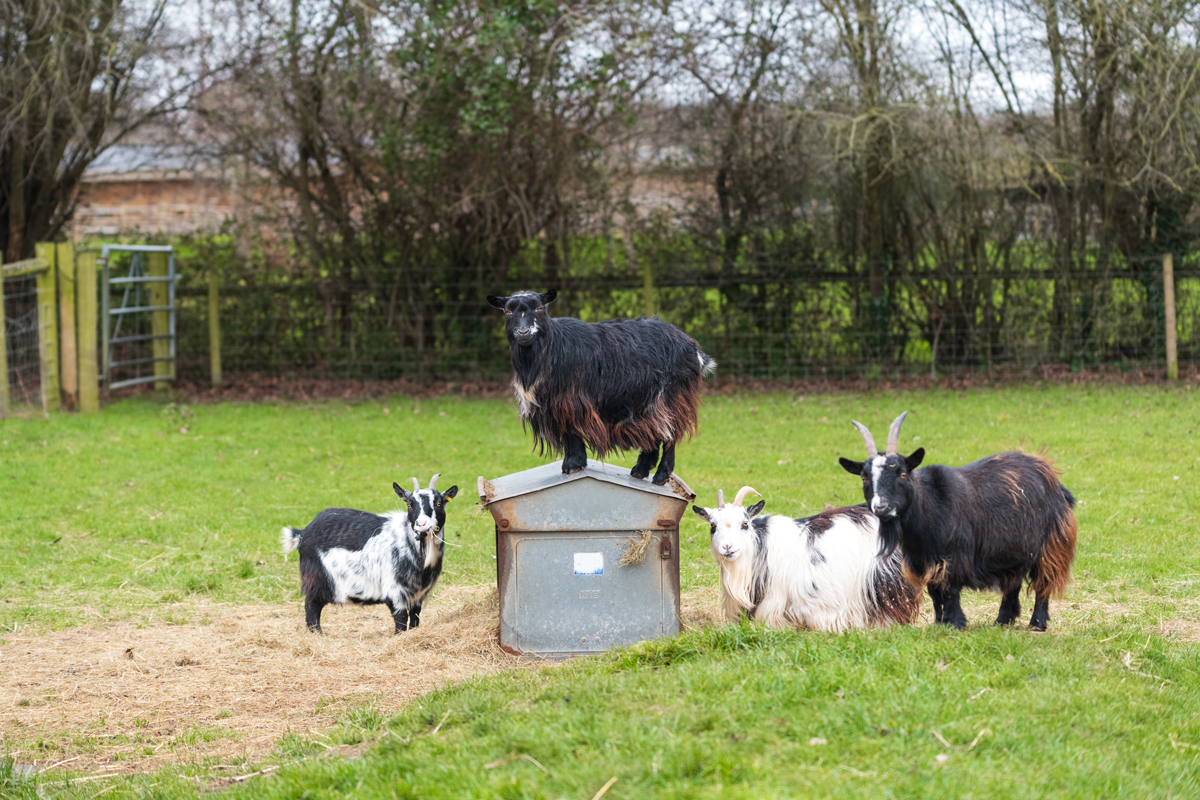
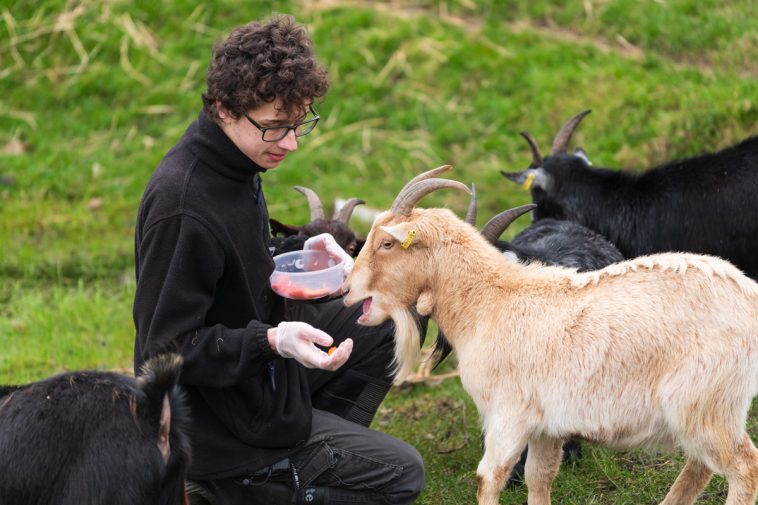
Lucy faultlessly knows every name of every single animal at Hobbledown (except the frogs!) and while the former Criminology student may never have planned a career working closely with animals, she says, “The most amazing thing is getting to know them; they have their own personalities, just like humans do. I can tell you who’s the best behaved, the cheekiest or shy – it’s such a privilege to be that close and have that bond. Betty, Riley and Dotty are our three giant rabbits. All sisters but very different. Miles our male African Pygmy Goat is the Robbie Williams of his boy herd – a little bit challenging and needs constant validation. Clyde, Masie and Mavis our pigs are very sociable. In fact, you can’t house pigs alone but tell that to Clyde who initially hated being around any pigs! I think he was more scared but didn’t want to admit it. Our alpacas are inquisitive animals; they love a sprinkler especially in summer. I’ve a soft spot for Rufus. He’s the oldest alpaca here at 24.”
“They have their own personalities, just like humans do.”
Next door to Rufus and his alpaca pals stands tall a very majestic creature. Weighing in at 900kg, Kado the camel gets through about 3kg of hard feed a day plus a whole bale of hay. Lucy says, “Alpacas and camels are very closely related and they keep each other company here, being next door to each other. It’s not unusual for us to see them all stood at the fence together, probably all having a nice chat. I’ve got a soft spot for Kado, we all do, he gets lots of attention. He’s only 7 years old but can live to about 40 so he’s still very young.”
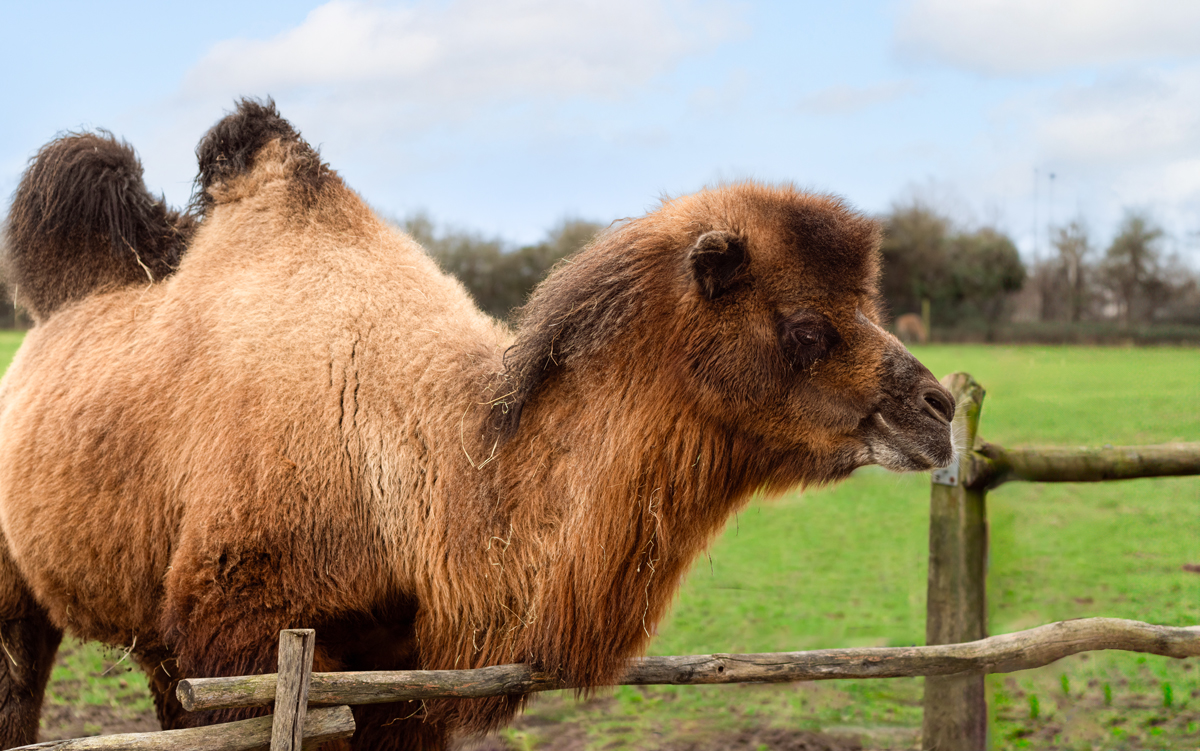
While we had the opportunity to hand feed Kado bamboo shoots and stroke him, Lucy does warn, “He’s a category 1 animal, in the same group as lions and tigers (category 2 are non-venomous reptiles, meerkats and creatures that can harm but aren’t a threat to life and category 3 are animals like sheep and goats). So, while camels wouldn’t bite to kill like big cats, they do have a very powerful kick; they are a very strong animal.”
Originally from Mongolia, they’re very adaptable to the British climate. Lucy proudly remarks, “Kado is his most handsome now, when he still has his winter coat. During summer, this will start to naturally shed, at which point he does look like Gollum from Lord of the Rings! He goes bald and patchy but that’s how amazing these creatures are, they naturally adapt to their environment.”
“The greatest challenges are because you have these incredible bonds, so seeing an animal unwell is really hard.”
Being their only camel, Lucy explains, “He was poorly last year with some wounds on his knees caused by an allergy to fly bites. He had surgery and is getting better now but because camels are such dominant animals, if we were to have another camel in with him, they’d go straight for his wounds, but he’s doing well now, so we’re in a good place to start looking for company.”
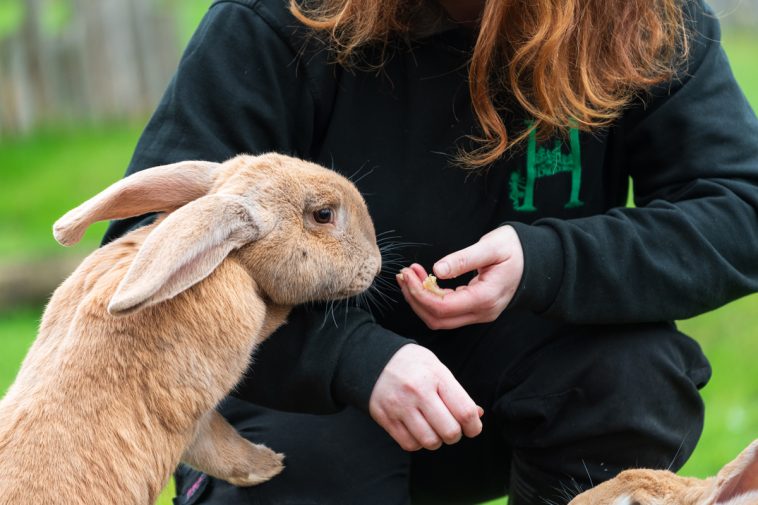
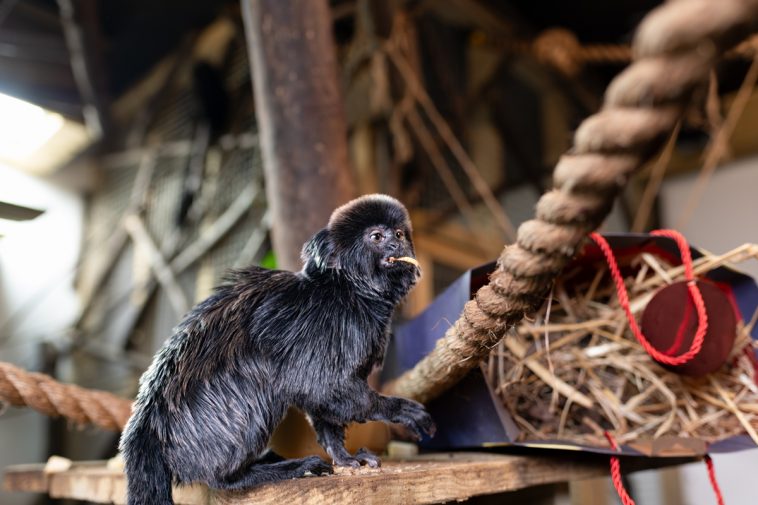
Taking care of sick animals is probably the only thing that Lucy warrants as being the ‘down-side’ to what she describes as a dream job, she says, “The greatest challenges are because you have these incredible bonds, so seeing an animal unwell is really hard. Having to manage that part of animal care can be very, very difficult. You never realise just how attached you get. Most of the animals we’ve lost here are due to old age and with that you know that you’ve given them a great life and the best possible ending. Of course, it’s really sad – it’s the circle of life – but there’s a real sense of pride that you gave the creature a fun and happy, long life.”
Words: Fatima Truscott
Photography: Alex Wroe




